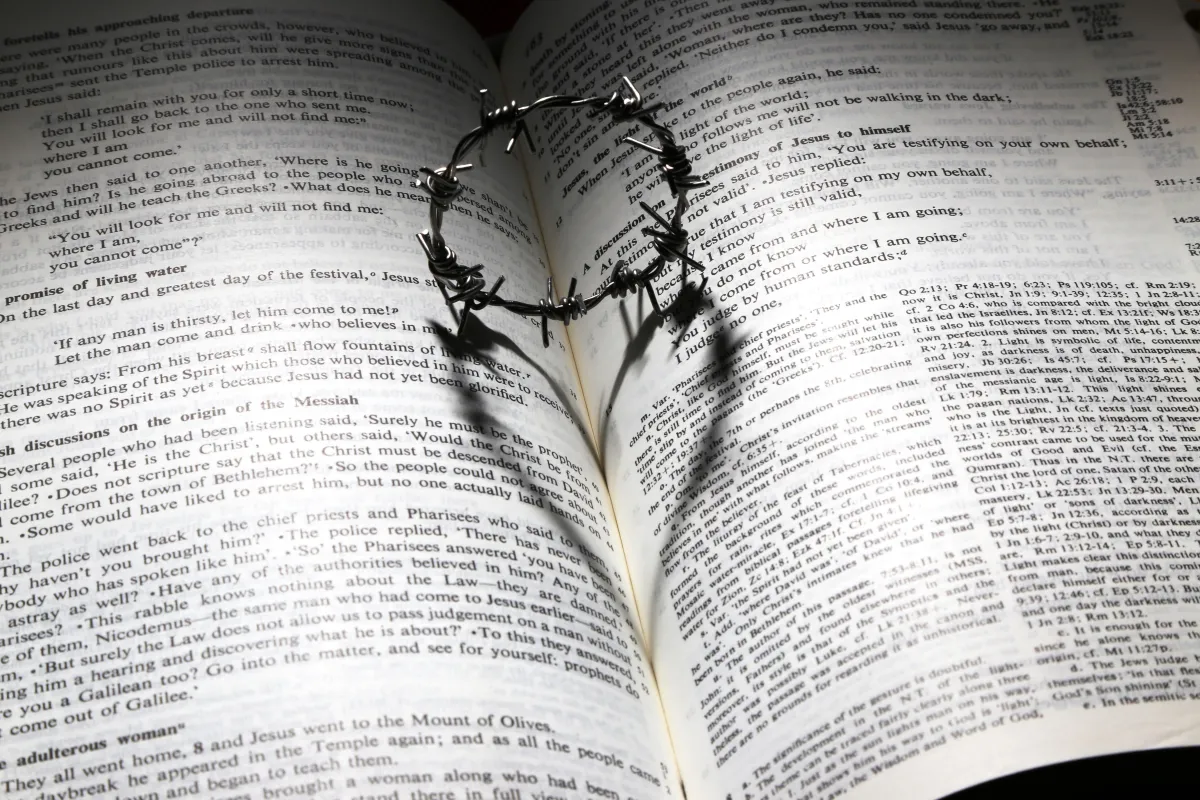hosted by MybodyMyworship
The Woman Caught in Adultery
Remember the Man Caught in Adultery
We cannot talk about abortion without talking about sex, and
we cannot talk about sex without talking about abortion
Cheryl Krichbaum
Are women unfairly held accountable for sexual immorality? Pro-choice women think so.
Think about societal perspectives over the decades: A woman who sleeps with many men is called a "slut" while a man is called a "stud," yet they both sinned.
When you teach on the story commonly called "The Woman Caught in Adultery," you have the opportunity to change women's perspectives on how Jesus brings justice.

John 8:1-11
In the story commonly known as "The Woman Caught in Adultery," Jesus elegantly distracted the crowd from the woman’s shame, brought about justice, and showed her the path of righteousness.
Leviticus 20:10 The Law on Adultery
If there is a man who commits adultery with another man’s wife, one who commits adultery with his friend’s wife, the adulterer and the adulteress must be put to death. (See also Deuteronomy 22:22)
Micah 6:8
He has shown you, O mortal, what is good.
And what does the Lord require of you?
To act justly and to love mercy
and to walk humbly with your God
Reaching Abortion-Minded Women
From the perspective of feminists, the woman in this story is unjustly accused. In Nathaniel Hawthorne's The Scarlet Letter, Hester Prynne is literally labeled with an "A" for "adultery."
But what readers forget is that Hester was urged to divulge her lover, and she chose not to, so she stood alone in shame.
In contrast, the woman brought before Jesus as recorded in John chapter 8 was not asked to reveal her lover. Her accusers were trying to trap Jesus, not bring justice, so it could be that her lover was amongst the crowd.
Jesus, however, knew the law and therefore knew the man was missing from the accusation. Leviticus 20:10 and Deuteronomy 22:22 tell us that both the man and the woman must be put to death in order to follow the law justly.
Jesus eloquently distracted everyone's eyes from the woman's nakedness by drawing in the sand. What did He write? We don't know, but perhaps He wrote Leviticus 20:10 because "All Scripture is inspired by God and beneficial for teaching, for rebuke, for correction, for training in righteousness" (2 Timothy 3:16).
She said. She said.
Before Jesus changed my life, I heard sermons on the Woman Caught in Adultery from an angry perspective—Why wasn't the man accused?!
After Jesus changed my life, I thanked Jesus for how compassionate He was with her.
1973 Still Happening Today?
Roe v Wade was decided when women did not have access to child support, paternity testing, or equal rights to work. Women were shamed for crisis pregnancies, many were kicked out of their "good Christian homes" by their parents, while men were considered studly for spreading their seeds.
Women were held responsible for their crisis pregnancies. Men were not.
Women felt—and still do today—labeled and judged while men remained anonymous. An organization named Grandmothers for Reproductive Rights keeps the injustices of pre-Roe crisis pregnancies fresh in the minds of today's women.
Frederica Mathewes-Green, who was an "anti-war, mother-earth, feminist, hippie college student," said "We... thought, back then, that few abortions would ever be done. It’s a grim experience, going through an abortion, and we assumed a woman would choose one only as a last resort. We were fighting for that 'last resort.'" ("When Abortion Suddenly Stopped Making Sense" in National Review, January 22, 2016)
As I pointed out to a protester at a church-sponsored "Celebrating Life" event after the overturning of Roe v. Wade, we women have rights that we did not have 50 years ago. Likewise, men are more likely to be held responsible today to provide child support. It's not 1973.
It's no longer 1973.
We have access to child support,
we have equal rights to work, and
we have maternity leave.
© 2024-2025 MybodyMyworship. All Rights Reserved. | Terms & Conditions | Privacy
COPYRIGHT 2022-2023 MybodyMyworship ALL RIGHTS RESERVED | TERMS & CONDITIONS | PRIVACY
